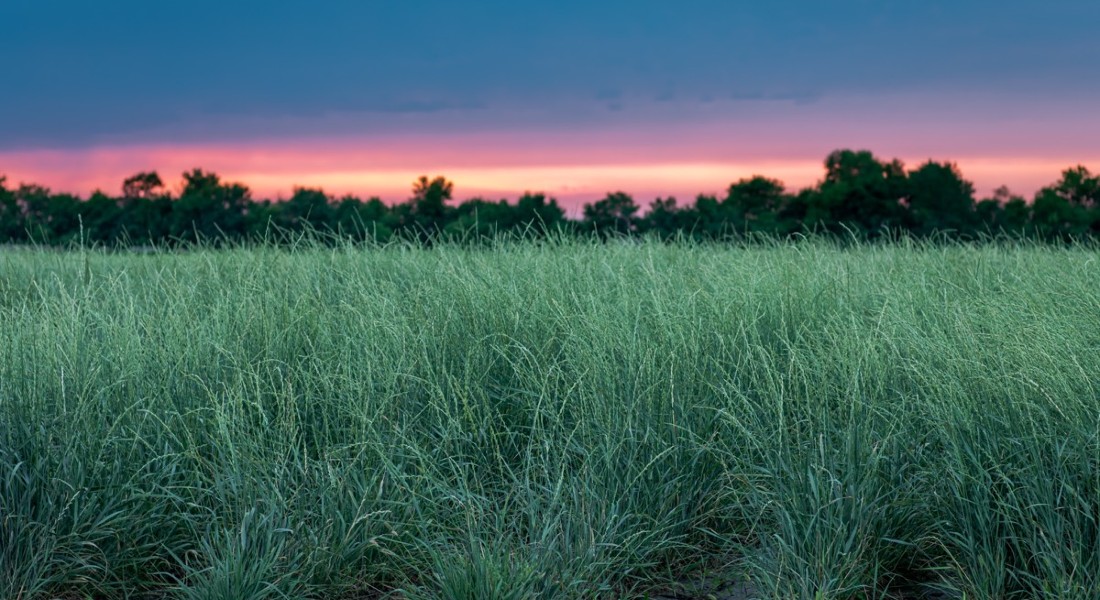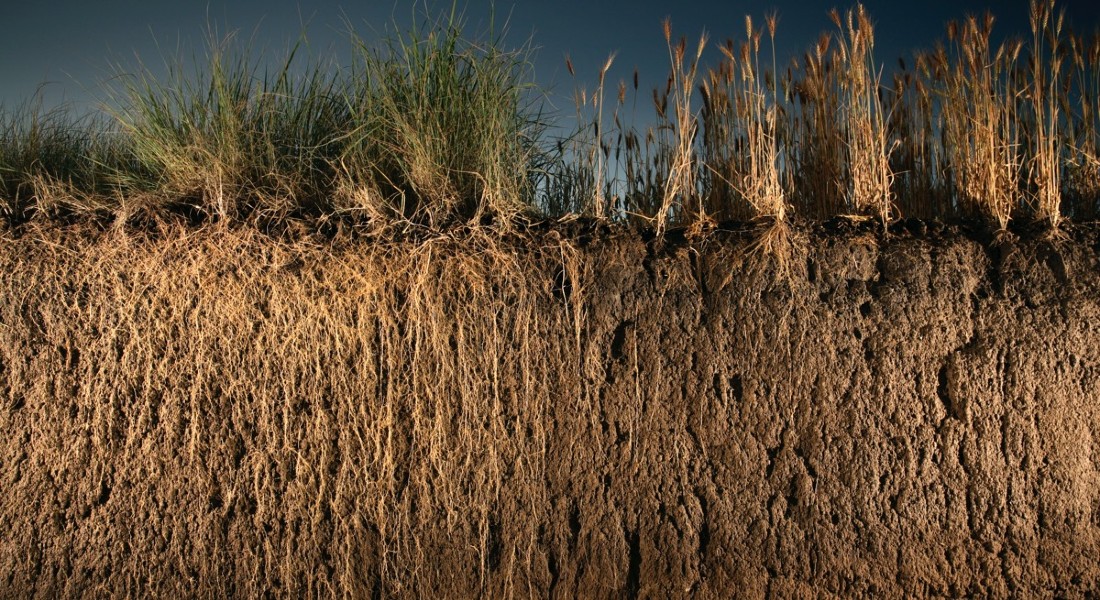Significantly reducing agricultural CO2 emissions by way of wheatgrass
Wheatgrass has the potential to reduce agricultural greenhouse gas emissions in Denmark by up to 10 percent according to researchers at the University of Copenhagen and Carlsberg Research Laboratory. Over the next five years, their new project will focus on optimising wheatgrass for it to become the sustainable crop of tomorrow.

Agriculture accounts for 20 percent of Denmark’s combined greenhouse gas emissions, making the sector a notable climate culprit. As such, solutions are desperately needed to mitigate CO2 emissions, which is where the University of Copenhagen enters the picture.
DEEPROOTS is a new research collaboration between the University of Copenhagen and Carlsberg Research Laboratory. The project will explore the potential to reduce CO2 emissions by way of a truly unique plant – wheatgrass.
The grass is closely related to wheat and can be grown in Denmark, despite being native to climes further south. Wheatgrass has an extremely deep root system that binds carbon into soil while also allowing the plant to absorb nutrients, water and nitrogen with incredible efficiency, according to Michael Broberg Palmgren, a professor at the he University of Copenhagen’s Department of Plant and Environmental Sciences and one of the researchers on the project.
"As a result of this deep root system, very little nitrogen from fertilization is wasted, unlike conventional wheat, which has significantly shorter roots that lead to the frequent leeching of nitrogen residues into groundwater. On top of that, wheatgrass is a perennial crop, meaning that it can survive winters. So, no CO2 is emitted from plowing and reseeding. And finally, it can be used in beer," he says.
The promise of wheatgrass was received with great enthusiasm by Innovation Fund Denmark when they announced their support for the five-year DEEPROOTS project with a 19.8 million Danish kroner (€2.7m) grant.
"We were incredibly happy to hear that we’d received this grant. Contributing to the green transition through one’s research feels great," says Michael Palmgren.

Potential to reduce CO2 emissions by up to 10 percent
Wheatgrass is so effective at absorbing atmospheric CO2 that the researchers estimate that its use could eventually reduce agricultural greenhouse gas emissions in Denmark by up to 10 percent. Although, this calculation hinges upon our ability to replace 30 percent of today’s Danish crops with wheatgrass.
Before any such objective can be achieved, the yield of wheatgrass in grain form must be increased. Michael Palmgren explains:
"Wheatgrass shares many of conventional wheat’s genes and properties, but it isn’t very good at keeping its seeds, which are also thinner. This translates into smaller yields for farmers, something that, quite naturally, they aren’t interested in."
Therefore, among other things, Palmgren and his colleagues will be examining whether there are genetic variants of wheatgrass that are better at allowing the grass to hang on to its seed.
"Wheatgrass has three genes that cause its seeds to shed easily. We want to get rid of all three. Indeed, the presence of just one of these genes is enough for the seeds to be released onto the ground. Therefore, we hope to find plants in the field with variations of these genes that no longer work, so that they hold onto their seeds longer. We only expect to find one variant at a time, so extensive cross-breeding will be required until the crop is optimal – from an agricultural perspective," he says.
The plan is for wheatgrass to be sown in fields on the Danish islands Funen and Lolland. This will let the researchers experiment with their genetic compositions to find just the right ones.
"Today’s wheat might one day be replaced by climate-friendly wheatgrass," concludes Michael Palmgren.
Topics
Related News
Contact
Michael Broberg Palmgren
Professor
Department of Plant- and Environmental Sciences
University of Copenhagen
+45 2398 8444
palmgren@plen.ku.dk
Ida Eriksen
Journalist
The Faculty of Science
University of Copenhagen
+45 93 51 60 02
ier@science.ku.dk
